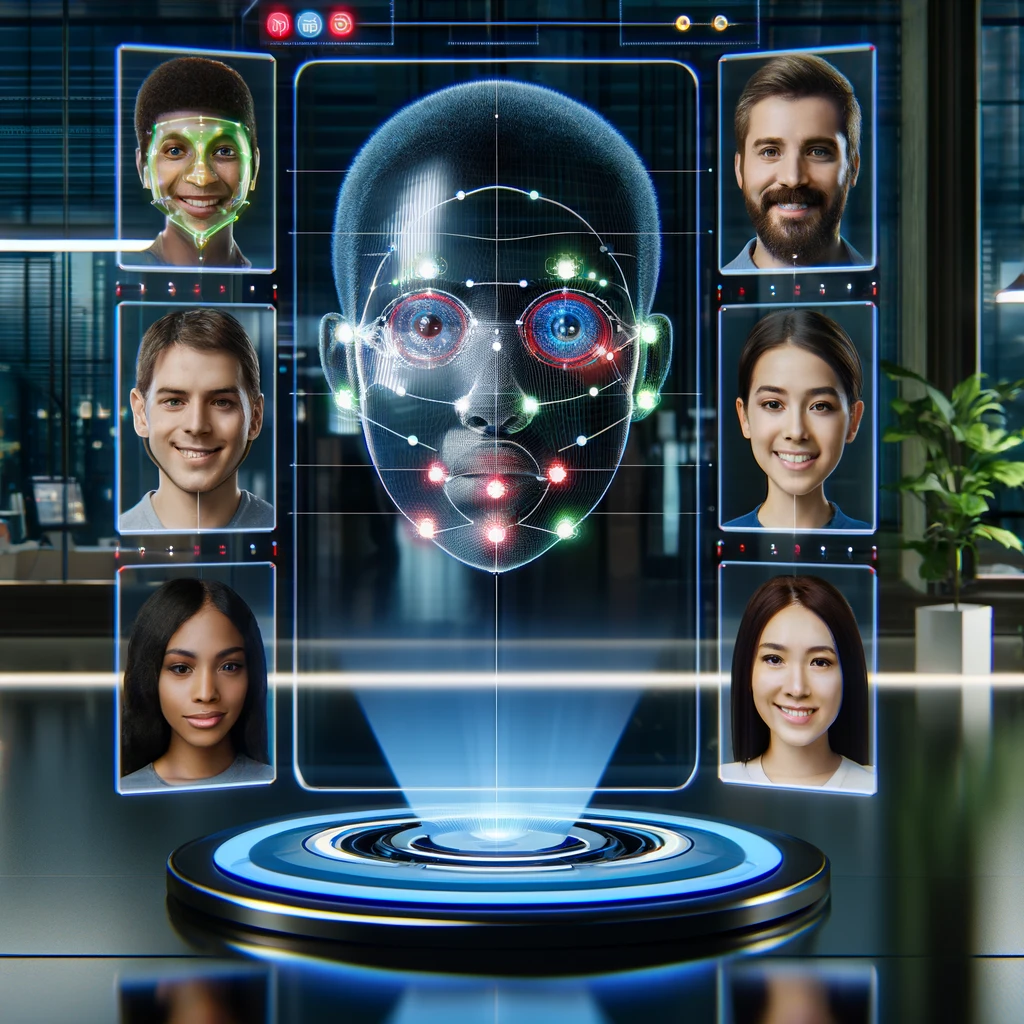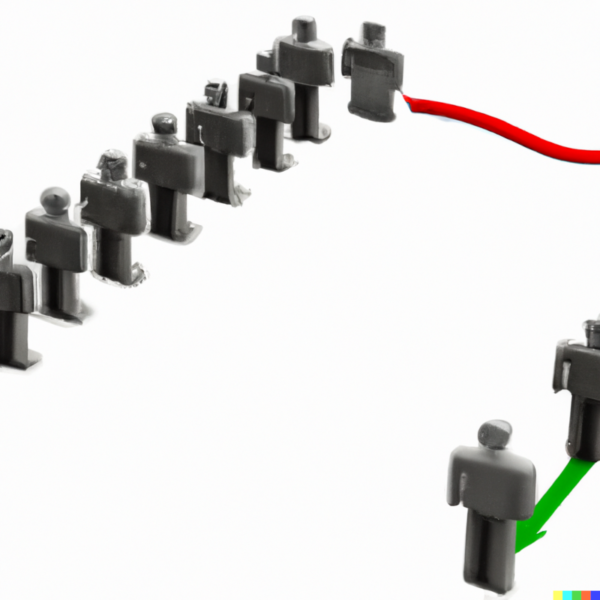Psychological triggers, including conversion triggers and persuasion triggers, are indispensable stimuli that activate specific emotional or behavioral responses, holding significant importance in psychological triggers marketing strategy. Utilizing these triggers can profoundly influence potential customers, increasing the likelihood of them taking desired actions, such as making a purchase. By comprehending the psychological triggers examples influencing consumer behavior, marketers can craft more impactful and persuasive messages, effectively converting leads into customers.
So, what are the triggers that effectively convert leads into customers? Let’s delve into the top 5 psychological triggers in copywriting for this purpose:
- Scarcity: Creating a sense of urgency and scarcity is a potent psychological trigger. Phrases like “limited time offer” or “only a few left in stock” instill urgency, compelling people to take immediate action.
- Social Proof: Individuals often look to others’ actions and opinions for guidance. Incorporating social proof in marketing, such as customer testimonials or statistics on product popularity, can be a compelling way to convert leads into customers.
- Emotion: Emotion is a powerful driver of behavior. Eliciting positive emotions in leads, such as happiness or excitement, fosters a sense of connection and motivation, increasing the likelihood of them becoming customers. Emotion AI solutions like Facial Emotion Recognition technologies aid in analyzing and responding to users’ emotional states in real-time. Check this live Facial Emotion AI demo!
- Authority: Trust is built when people follow the advice of experts or authoritative figures. Positioning oneself or a brand as an authority in a field establishes credibility, making leads more likely to become customers.
- Reciprocity: The principle of reciprocity suggests that when given something, individuals feel compelled to give back. Offering something valuable to leads, like a free guide or consultation, triggers reciprocity and enhances the likelihood of conversion.
The Power of Psychological Triggers in Marketing Framework
In conclusion, understanding and incorporating psychological triggers in marketing strategies are powerful tools. Employing tactics such as scarcity, social proof, emotional connections, authority positioning, and reciprocity, collectively enhance the ability to convert leads into customers. By leveraging these triggers, businesses can effectively shape consumer behavior, drive desired actions, and ultimately boost revenue growth. The strategic integration of these triggers is key to creating lasting connections and fostering customer loyalty.



